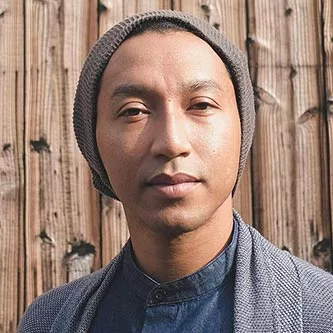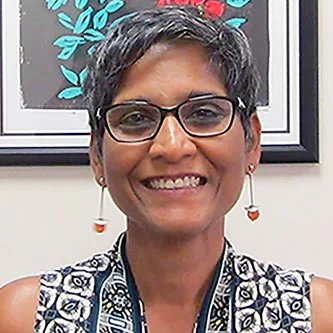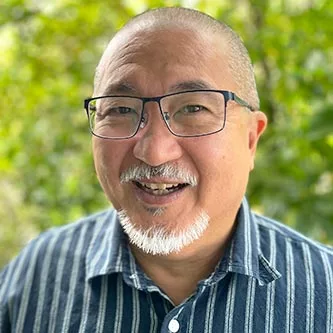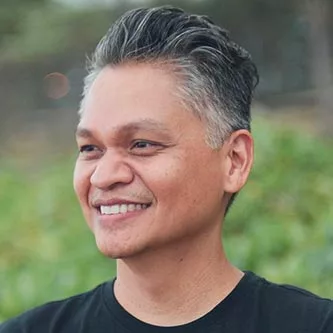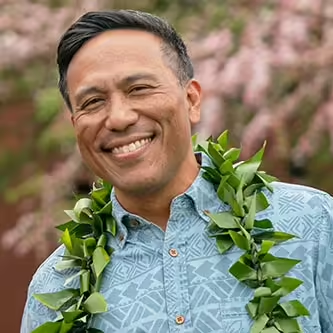Directory
Our faculty brings expertise in local, national, and global political and economic trends, with a focus on the intersections of race, class, ethnicity, gender, and indigeneity. Through research, teaching, and community engagement, we examine critical issues such as power, identity, social justice, and decolonial practices. By advising and mentoring students, our faculty train a new generation of critical thinkers and compassionate community leaders, prepared to tackle the complex challenges of today’s world.
Faculty
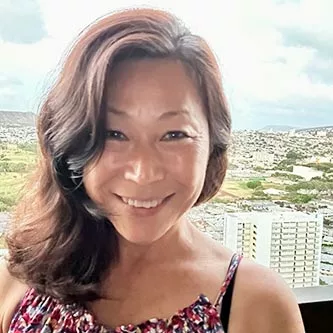
Mary Kunmi Yu Danico
Professor
Academic Advisor
Director, Center for Oral History
George 338
(808) 956-6963
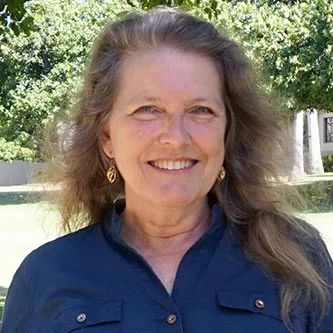
Emeritus/Retired Faculty
- Ibrahim G. Aoude (aoude@hawaii.edu) - Hawai‘i Political Economy, the Middle East
- Noel Kent (noelk@hawaii.edu) - Race/Ethnic Conflict, Identity, Social Justice
- Davianna Pōmaikaʻi McGregor (davianna@hawaii.edu) - Hawaiian, Land, Culture, Governance, Nature
- Richard C. Rath (rrath@hawaii.edu) - Sound Studies, New Media, Atlantic World
- Jonathan Y. Okamura (okamuraj@hawaii.edu) - Race/Ethnicity, Ethnic Identity, Asian Americans
Affiliate Faculty
- Ellen-Rae Cachola - Information Studies (militarism in the Pacific/Asia/U.S., settler colonialism, decolonization)
- Anthony Castanha - Political Science (Indigenous Cultures)
- Jennifer Darrah - Sociology (race and ethnicity, urban sociology)
- Sue P. Haglund - Political Science (Latin American studies, Indigenous studies, international and domestic public policy)
- Ruth Hsu - English (Asian American and Asian diaspora literary and cultural studies, race and ethnicity)
- Willy Kauai - Political Science (race, law, and the political history of Hawai‘i)
- Liana Petranek - Political Science (Political Economy)
- Christine Quemel - Educational Administration (student affairs in higher education, Asian American and Pinay studies, sexual assault and domestic violence in Asian American and Pacific Island communities)
- John Rosa - History (20th-century Hawai‘i, Asians and Pacific Islanders in the U.S.)
